Southern Residents, salmon, and certainty in science
Examining the research that compares salmon abundance to Southern Resident killer whale survival and reproduction.
What's new // Southern Resident killer whales
If Southern Resident killer whales are to persist in the Salish Sea decisive steps producing substantive reductions in threats must be taken. Southern Resident killer whales are critically endangered. Their salmon food supply is in decline and their waters are noisy and polluted. This declining population of 73 animals (July 2022) has very low birth rates and premature deaths of adult whales. The birth of recent calves offers hope, but threats that impede their successful feeding and access to Chinook must be addressed for calves to survive and population recovery to occur. Learn more.
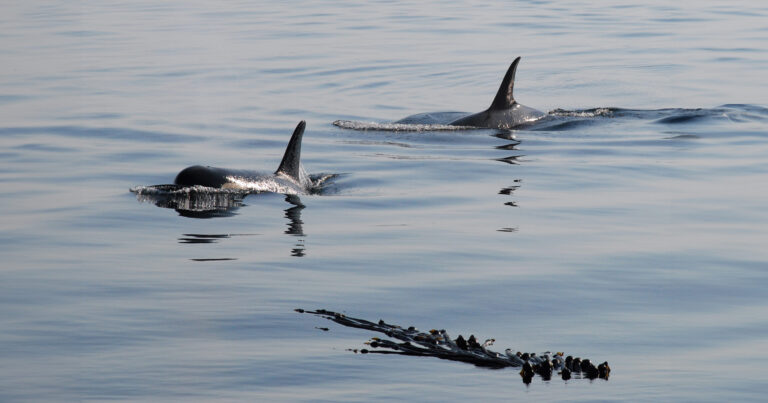
Examining the research that compares salmon abundance to Southern Resident killer whale survival and reproduction.

Raincoast’s Director of our Fraser River Salmon Conservation Program, Kristen Walters, will be attending Nature on the Hill – an event hosted by Nature Canada that connects conservationists with Members of Parliament to discuss pressing biodiversity issues.
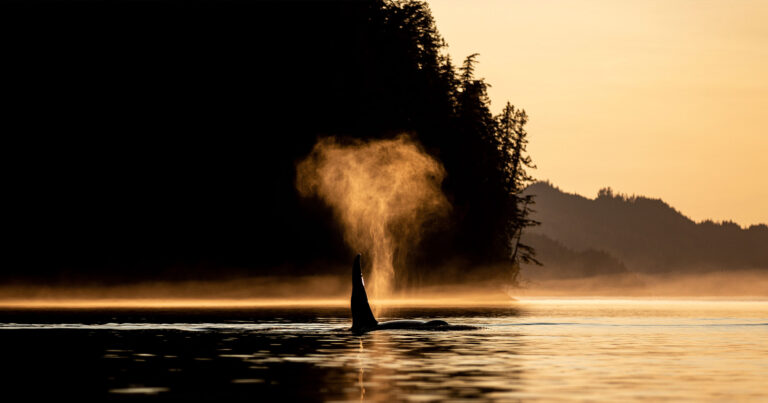
Worrying signs of an accelerated decline in Southern Resident killer whales.
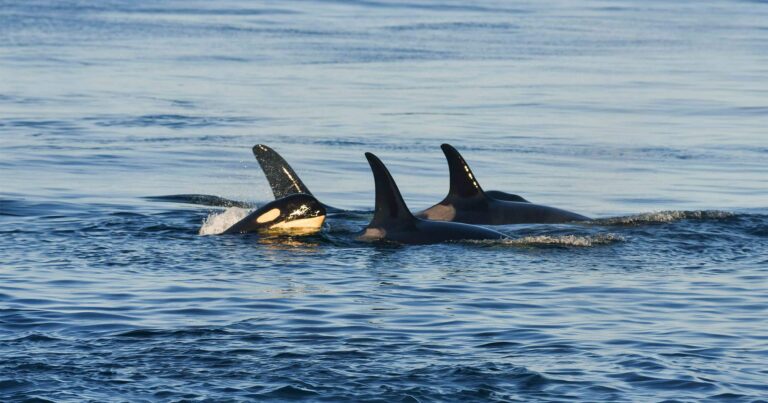
The study reveals more action is needed to save endangered Southern Residents.
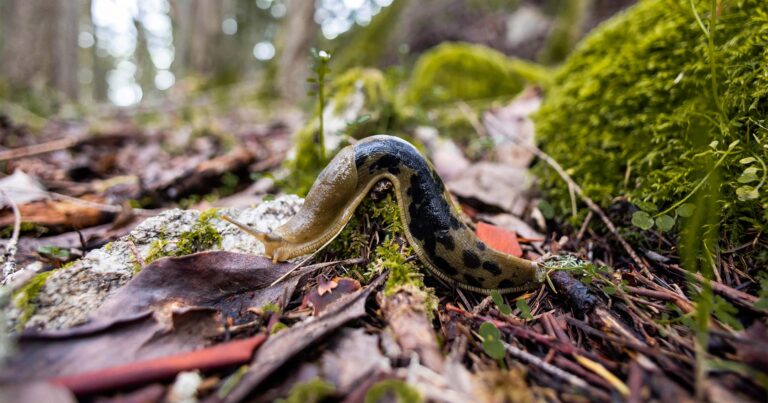
The recent federal 2030 Biodiversity Strategy outlines the path Canada will take to recover biodiversity, and protect and conserve 30% of lands and waters by 2030.
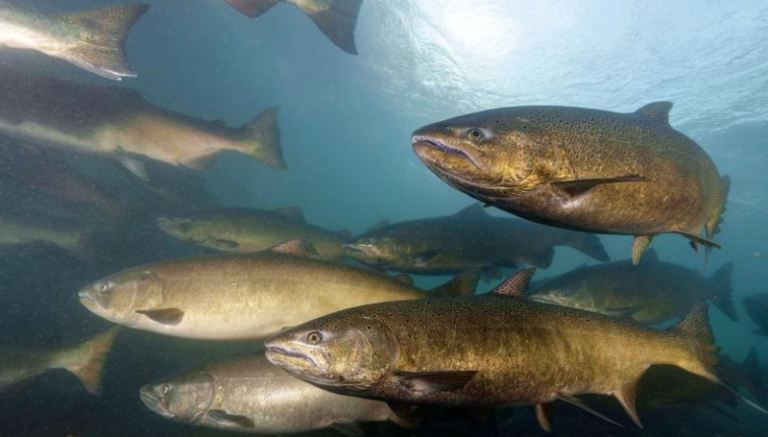
Mitigation in the Biological Opinion fails to address impacts to Southern Resident killer whales and Chinook salmon recovery.
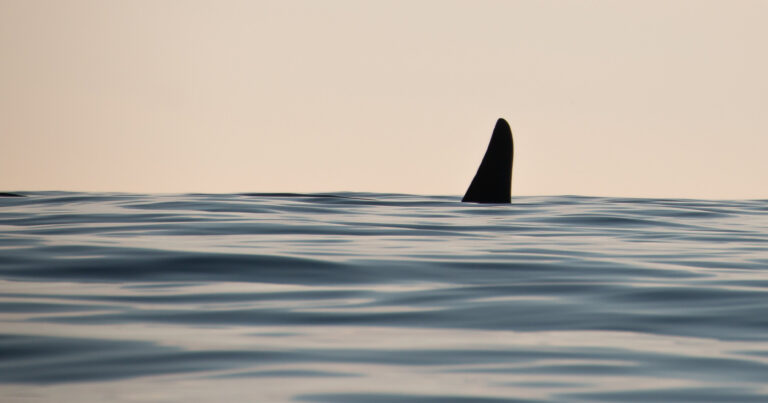
We need to reach 500 signatures by April 21st, 2024 on our House of Commons petition to the Minister of Fisheries and Oceans Canada, Diane Lebouthillier.
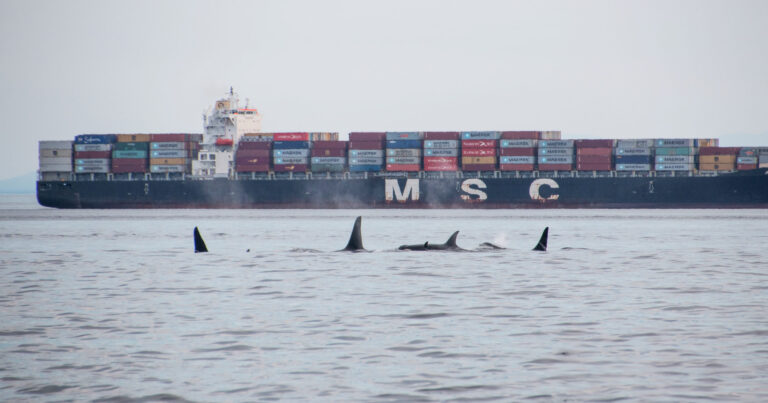
Donate and help us unite hydrophone operators along the pacific coast to increase science-based decision making to reduce noise impacts on marine life, and inform the public about anthropogenic noise.
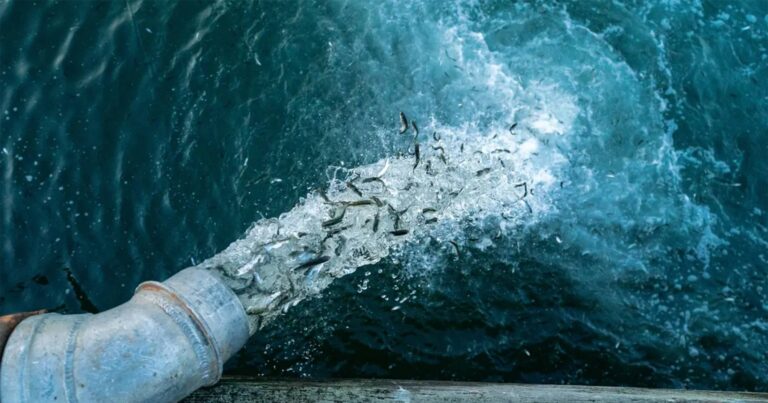
Raincoast argues that the Puget Sound hatchery program does little to solve the prey problem for Southern Residents.
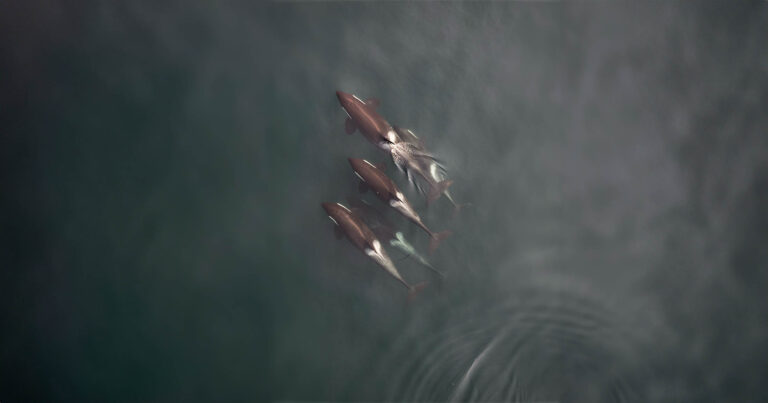
This federal survey will take around 20 minutes.

Tune in to the Raincoast Whale Sanctuary Livestream on our Youtube.
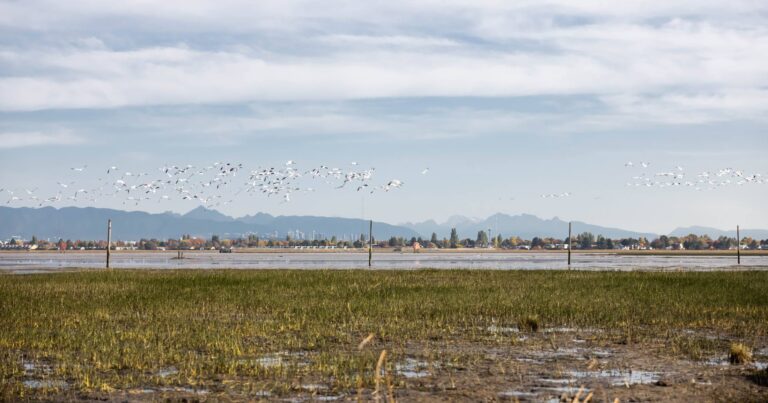
In New Zealand and Quebec, communities have successfully pushed for some form of Rights of Nature laws to be accorded to ecosystems around them.